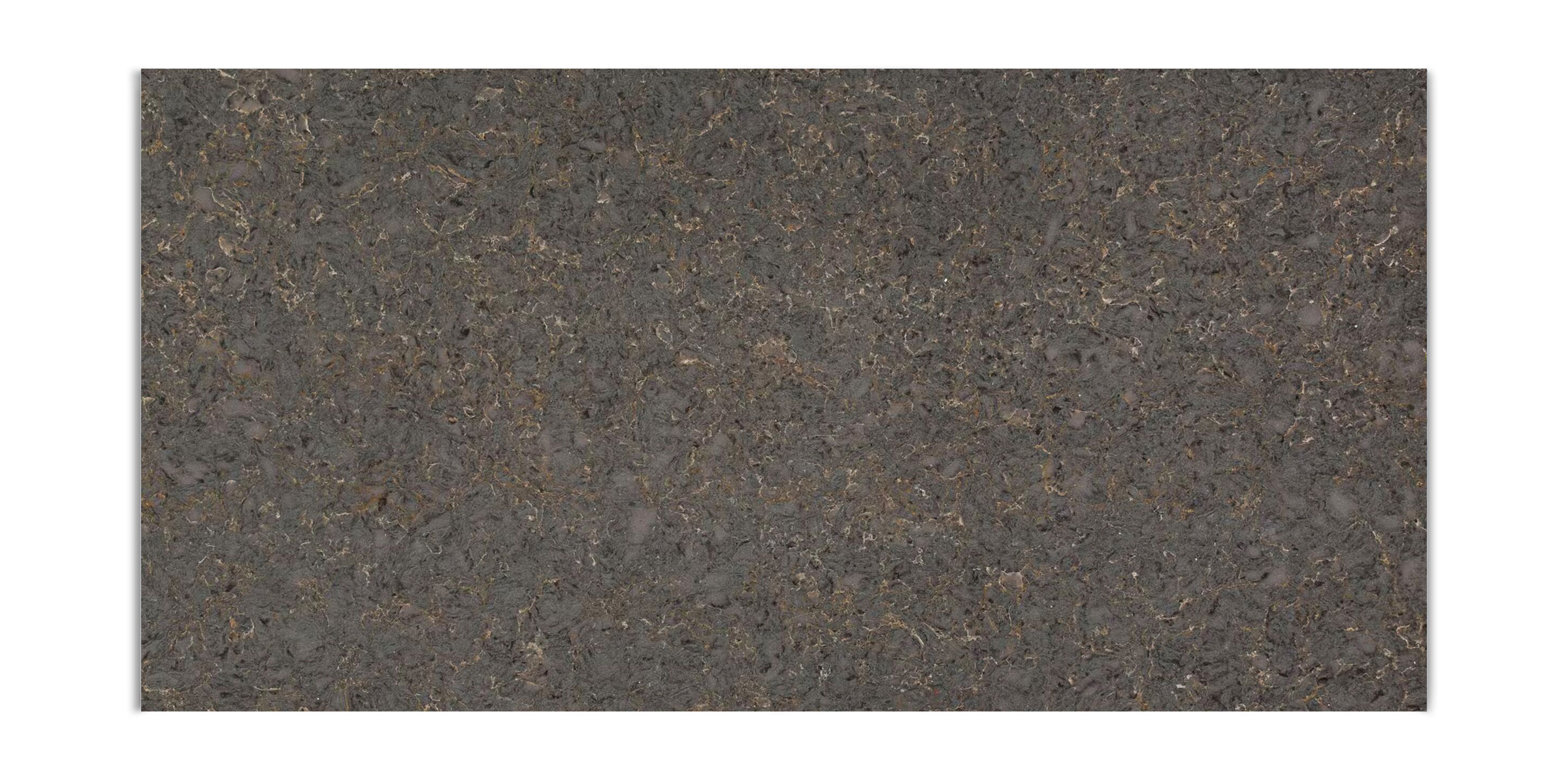What should you not clean quartz with? Quartz countertops have become a top choice in kitchens and bathrooms thanks to their durability, non-porous nature, and modern appeal. But while quartz is tough, it’s not indestructible — and using the wrong cleaning products can leave lasting damage. So before you grab that spray bottle or scrubbing sponge, here’s what not to clean your quartz surfaces with.
1. Avoid Harsh Chemicals (Especially Anything Acidic or Alkaline)
It might be tempting to go all in with heavy-duty cleaners like bleach, ammonia, or vinegar, especially when dealing with sticky messes or lingering odors. However, these harsh chemicals can break down the bonds in quartz resin over time, leading to dull spots, discoloration, or a loss of shine.
Skip products that contain:
Bleach
Ammonia
Vinegar or lemon juice
Oven cleaner
Nail polish remover (acetone)
Pro Tip: If a cleaner smells too strong or acidic, it's probably not safe for quartz.
2. Stay Away from Abrasive Pads or Steel Wool
Quartz is scratch-resistant, but not scratch-proof. Using scouring pads, steel wool, or other abrasive materials can leave tiny scratches in the surface that dull its shine and make it more prone to staining.
Instead: Use a soft microfiber cloth or a non-scratch sponge for everyday cleaning.
3. No Wax or Polish Needed
Quartz has a natural sheen that doesn’t need polishing. In fact, applying wax or polish can leave behind a cloudy or streaky film that builds up over time. It's best to let the material shine on its own.
4. Avoid High Heat — Even When Cleaning
Hot water from the tap? Totally fine. But don't use boiling water or heat-based tools (like steam cleaners) on quartz. The resins that hold quartz together can warp or discolor under extreme heat.
Use lukewarm water with a gentle dish soap for safe, effective cleaning.
5. Skip Multi-Surface Cleaners Unless They Say “Quartz-Safe”
Just because a product says “safe for stone” doesn’t automatically mean it’s safe for quartz. Always check the label — or better yet, opt for a quartz-specific cleaner if you're unsure.
Final Thoughts
So what should you not clean quartz with? Quartz countertops are low-maintenance, but they still need a little TLC. Stick with gentle cleaners, avoid heat and harsh chemicals, and use soft cloths to keep your surfaces looking flawless for years.
When in doubt, remember: less is more. A little soap and water goes a long way with quartz.

